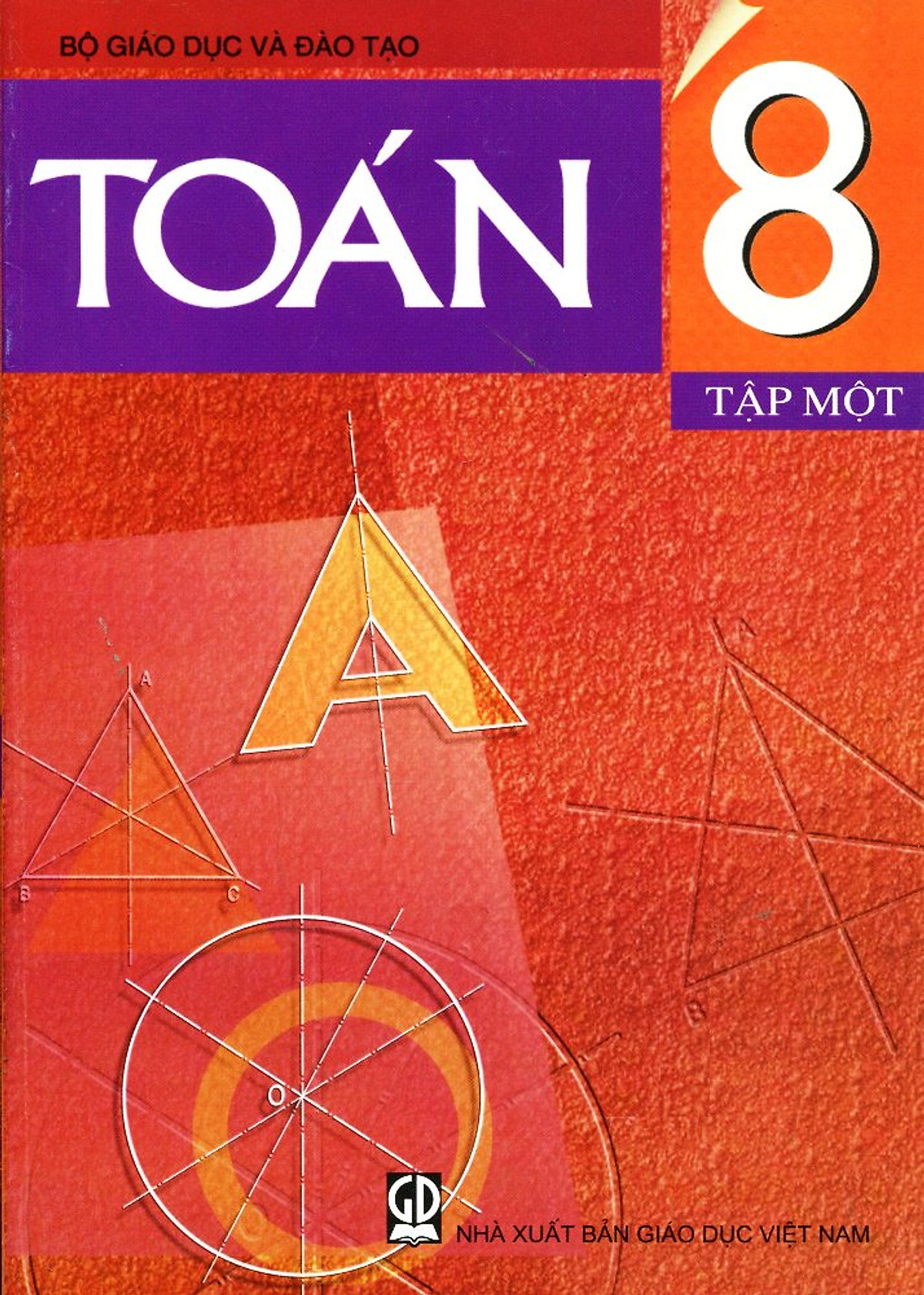(Page 119)
👉COMMUNICATION
Everyday English
Giving and responding to good news
1. Listen and read the conversation, paying attention to the highlighted sentences. 🎧
Nick: Great news for us. We'll have school clouds so we won't have to carry lots of books to school.
Mi: Great!
Nick: And my dad promised to get me a new Ipad to read books from the school clouds.
Mi: Congratulations!
2. Work in pairs. Give news and respond to the news in the following situations.
1. You tell your classmate about the new vending machine at your school.
2. You tell your classmate about a new laptop that your dad gave you on your birthday.
Online learning
3. Work in pairs. Read the posts from some students about online learning and complete the table.
Mi: Our teacher uses Zoom to teach. But some students don't have computers or smartphones. Others complain about the poor connection. I also feel more stressed when learning online.
Tom: Our teacher uses Google Meet for video conferencing. It's quite convenient, and we don't have to get up early. Still, I prefer to study face to face. I want to see my classmates.
Phong: We use Microsoft Teams. I don't like online learning. My eyes get tired. I can't concentrate well. But online learning helps us become more independent.
Nick: We use Zoom to discuss and share ideas. We interact in breakout rooms. It also helps us avoid traffic jams. But I'm not happy about the Internet connection at times.
| Benefits | Problems |
| 1. It's convenient. 2. __________ 3. __________ 4. __________ | 1. Some students don't have computers or smartphones. 2. __________ 3. __________ 4. __________ |
4. Work in groups. Talk about a platform you use for your online classes or one you know about. What are the benefits and problems of using it?
5. Report the answers of one of your group members to the class.
Example:
Lan said that her extra class used Microsoft Teams. She said that she and her classmates found it difficult to use. However, it is convenient to have online classes on Microsoft Teams when the weather is bad.

























